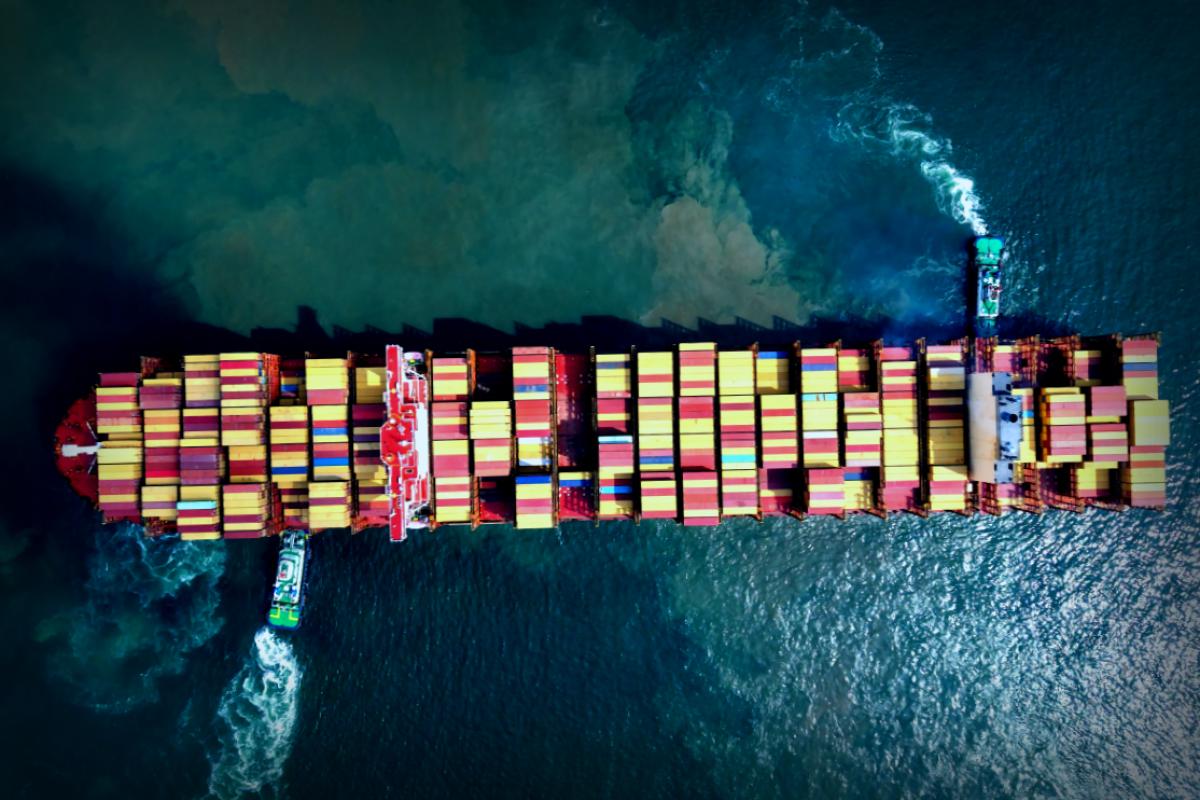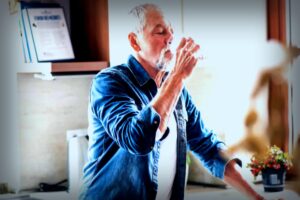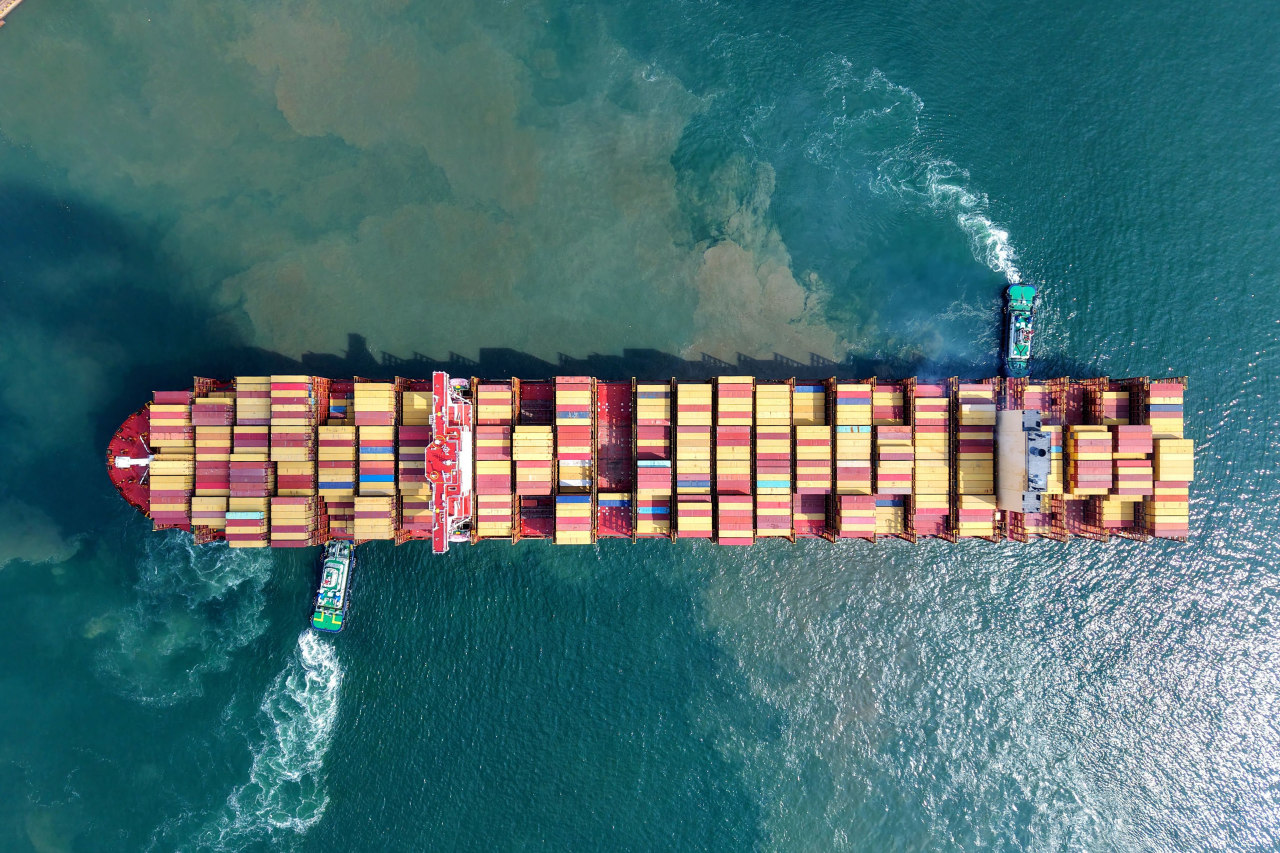
Countries that trade with the U.S. are currently racing to negotiate exemptions from recently imposed tariffs that started rolling out on Thursday. With President Trump’s strategic trade agenda reshaping international trade, nations are looking for ways to soften the blow on their economies.
Despite the flurry of deals that the White House has touted over the past month, it’s clear that the trade negotiations are far from finished.
Major trading partners, including the European Union, Japan, and South Korea, have reached agreements with Trump. Meanwhile, negotiators from these regions are still busy advocating for additional exemptions for key export industries. To date, various products—from Brazilian orange juice to Chilean copper—have successfully secured relief from the tariffs.
Amid these negotiations, clarity on future U.S. tariff plans is also crucial. Many of the details of the existing agreements are still not fully agreed upon, leading to different interpretations from all involved parties.
In a recent social media update, Trump mentioned the new reciprocal tariffs taking effect, even stating, “billions of dollars in tariffs are now flowing into the United States of America.”
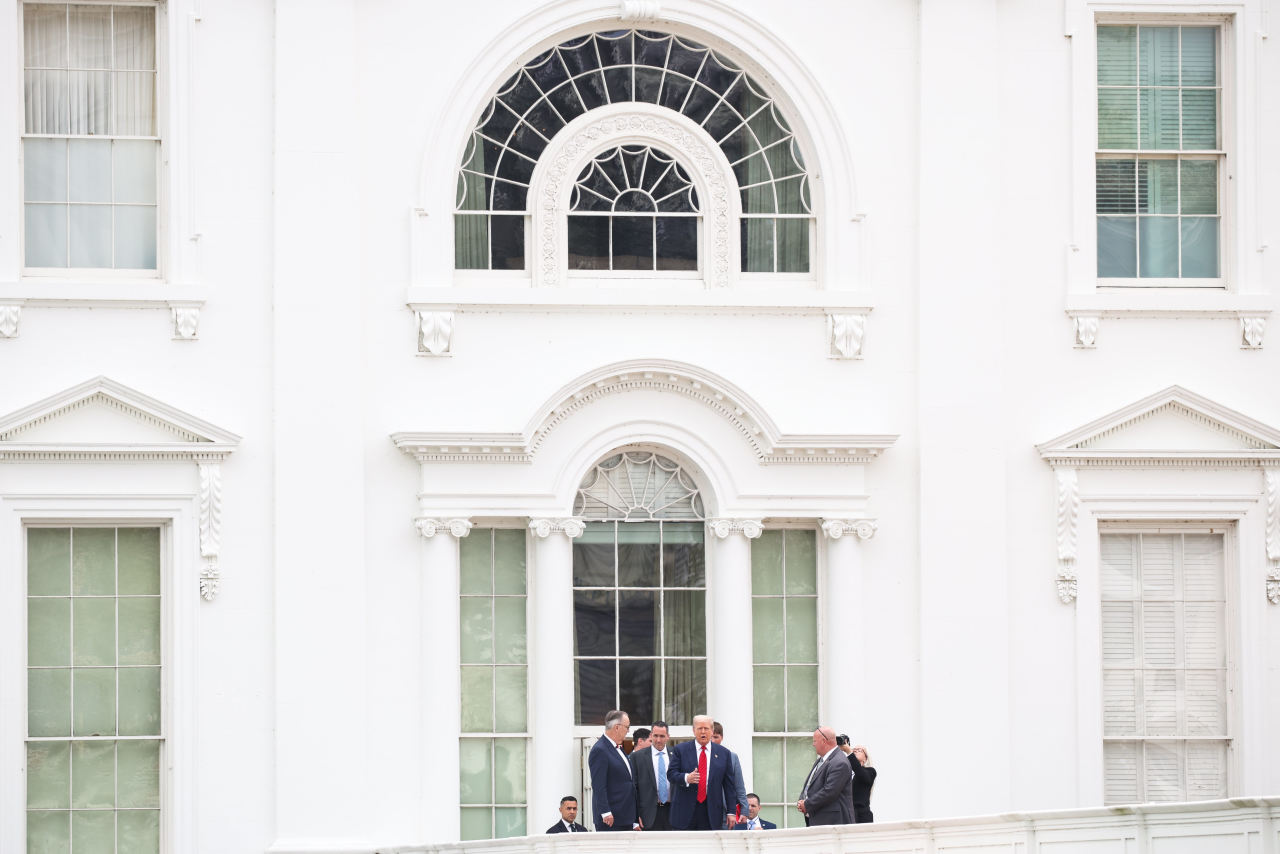
The president hinted that tariffs on semiconductors could hit around 100%, but some companies, like Apple, might be exempt if they invest in thriving U.S. manufacturing sectors. There’s still uncertainty over promised new tariffs on pharmaceuticals, which are yet to be officially detailed.
This uncertainty—fueled by Trump’s readiness to make sudden tariff changes in response to various political concerns—means that the implications for businesses seeking access to the vast U.S. market have become a significant factor in the new economic landscape, impacting investment, hiring, and consumer prices. For instance, Trump recently announced an additional 25% tariff on imports from India as a reaction to their purchase of Russian oil, piled atop an already existing 25%.
For months, government officials had emphasized a strict stance with “no exemptions, no exceptions”, reiterating the tariffs were part of a broader response to perceived unfair global trade practices. However, in an unexpected move in April, the White House designated certain high-tech products such as smartphones and laptops as exempt from increased duties from China and other countries in Asia. They also excluded energy and some critical minerals but held those such as steel, aluminum, and copper to new tariffs based on unique tariff orders.
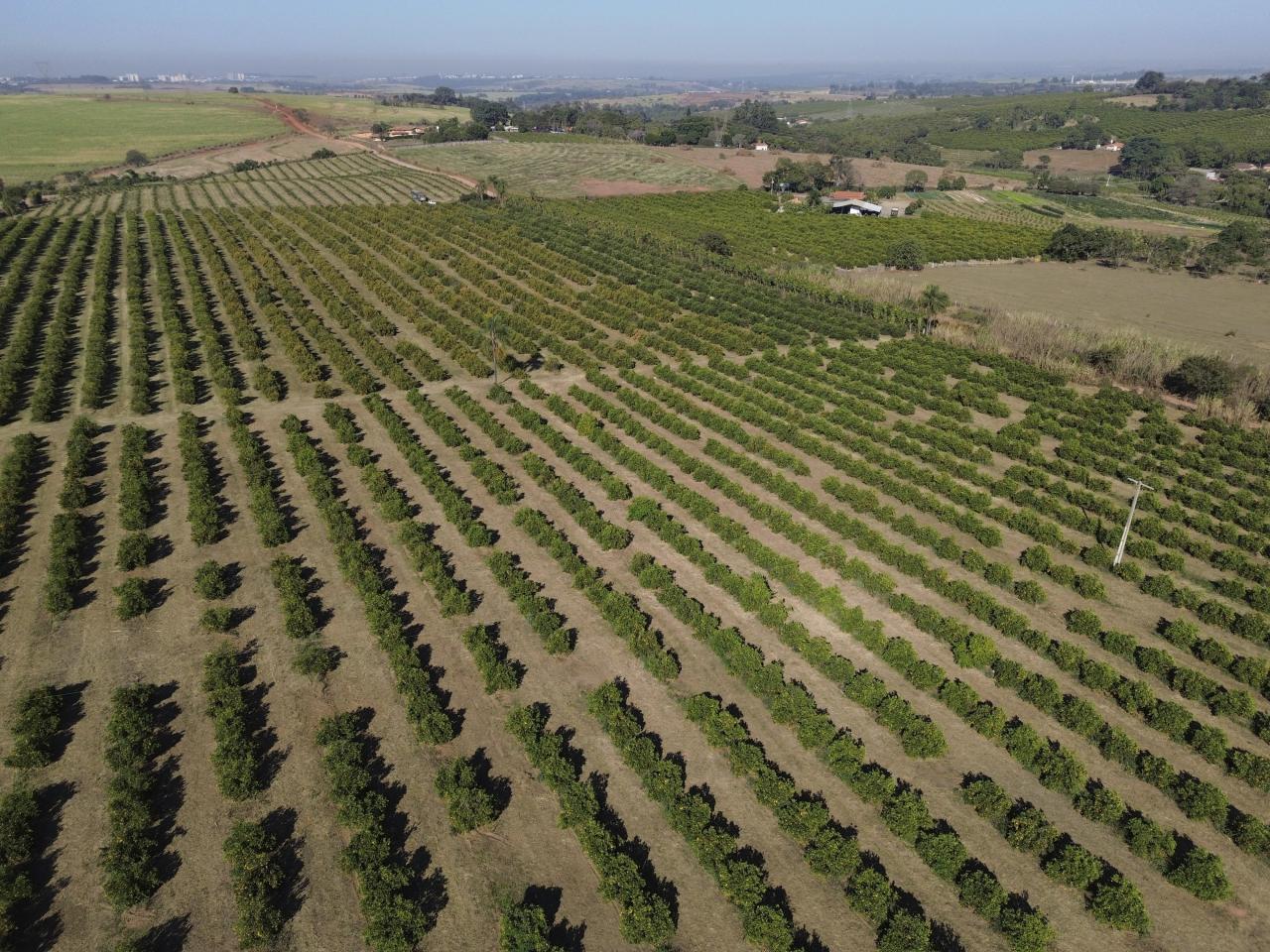

The signing of new trade deals has resulted in the announcement of more exemptions. For example, an executive order signed last week introduced a 50% tariff on Brazilian goods, yet major Brazilian exports such as aircraft, various metals, and orange juice were excluded. Overall, 694 products were listed as exempt from tariffs, amounting to almost 43% of Brazil’s total exports worth $42.3 billion to the U.S., reports the American Chamber of Commerce in Brazil.
Chile has also effectively negotiated exemptions for its copper exports, a sector the U.S. heavily relies on—about 65% of U.S. refined copper imports come from Chile according to the U.S. Geological Survey.”,”
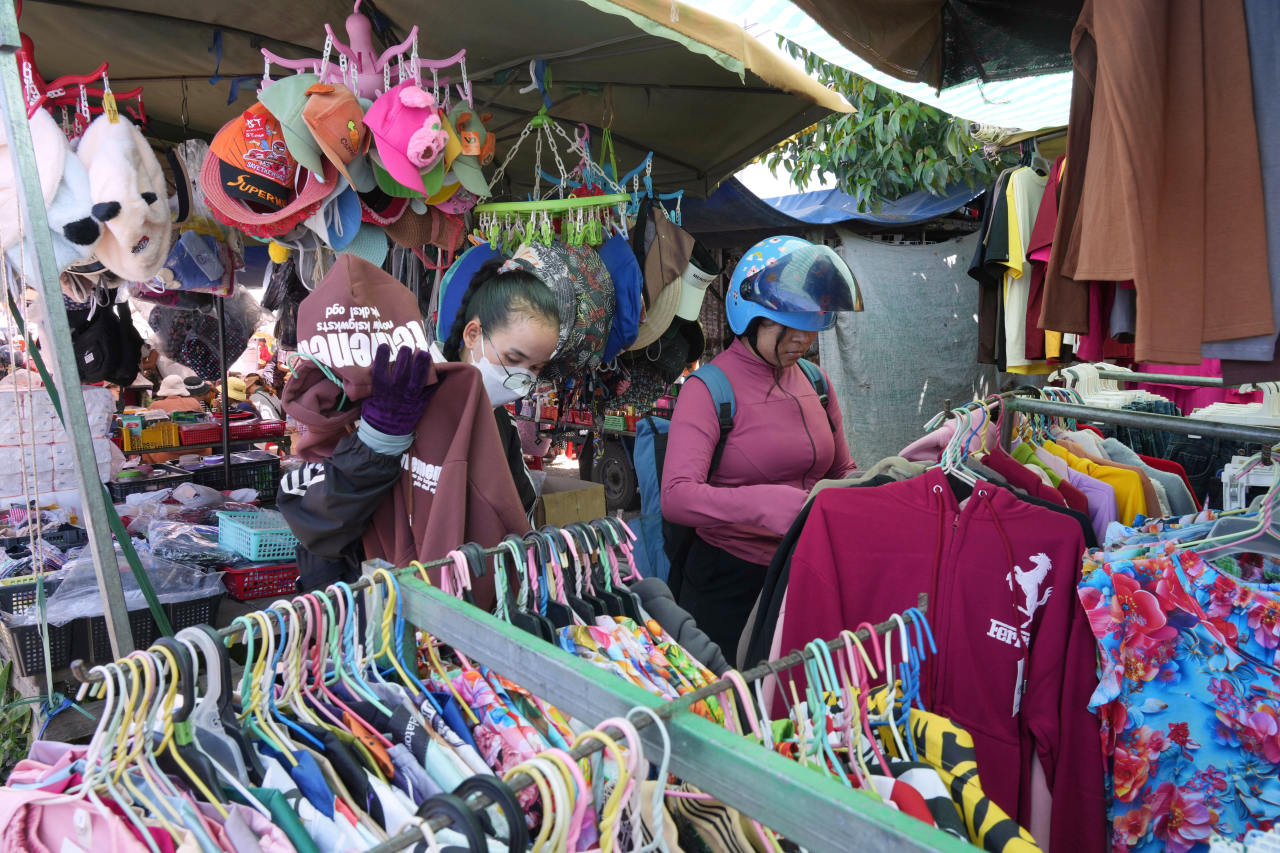
Everett Eissenstat, former deputy director of the National Economic Council during Trump’s first term, expressed this transition, saying, “We’re moving to limited exemptions, especially for things that can’t be produced domestically.”
With that in mind, the rush for further exemptions is becoming urgent. Recently, the EU accepted a baseline tariff of 15% on most imports coming from its bloc, treating it as part of a political deal with Washington. Union representatives are convinced that some items will be spared from that 15% rate since they are viewed by the U.S. as vital goods. They’ve anticipated that aircraft and some critical components are on that initial exemption list.
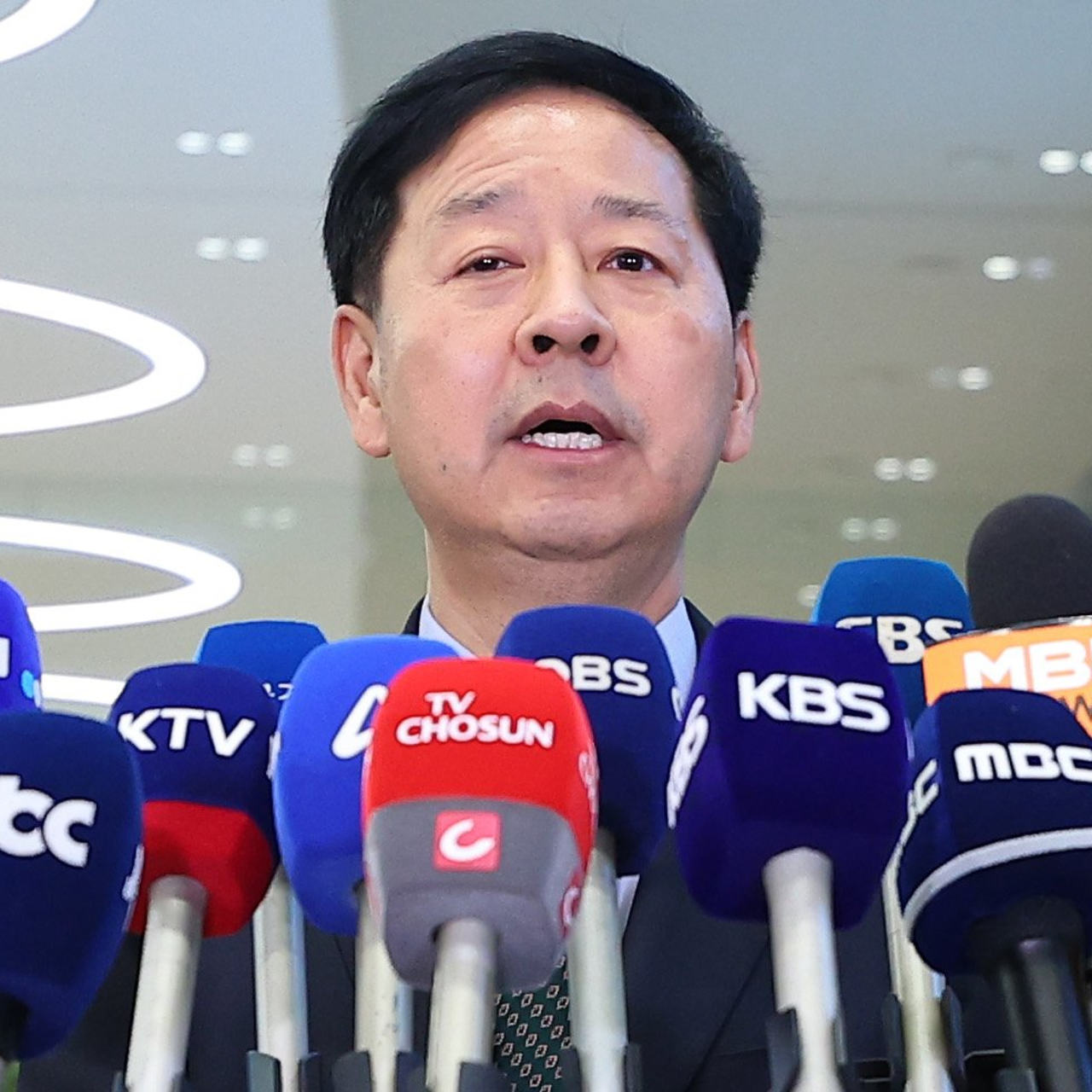
European companies are double-timing it too. Oliver Blume, CEO of Volkswagen, announced their readiness to keep negotiating with the administration about support for a multi-billion dollar investment that aims to counterbalance higher tariffs. Similarly, BMW is pursuing an export-rebate scheme that routinely allows exporters to reclaim tariffs or other taxes paid for goods sent from U.S. factories.
Securing exemptions is just one part of a broader attempt to ensure that trade discussions with the U.S. remain fluid, particularly as international anxiety over Trump’s erratic tariff policy continues to grow. Recently, he even hinted that pharmaceutical tariffs could climb as high as 250%.
Regarding countries like South Korea, which recently secured a trade deal with the U.S., negotiations are ongoing. Finance Minister Koo Yun-cheol advised lawmakers about their plans for further dialogue. Japan’s top trade negotiator is actively in the U.S. as they seek clarity on when reduced U.S. auto tariffs will take effect, maintaining productive discussions.
Smaller nations aren’t resting either. Cambodia’s negotiators are advocating for reductions in the current 19% tariff on essential sectors like garments and handbags, highlighting strong arguments to protect their vital industries during talks. Their chief negotiator, Deputy Prime Minister Sun Chanthol, insisted, “This isn’t final; we’re allowed to revisit and request exemptions for specific areas.” With multiple countries seeking the same benefits, it’s understandably become a challenge for the U.S. team.
For questions or contributions, reach out to Jason Douglas at jason.douglas@wsj.com, Kim Mackrael at kim.mackrael@wsj.com, and Gavin Bade at gavin.bade@wsj.com





